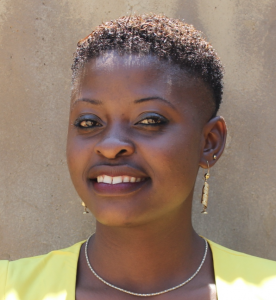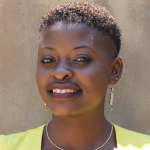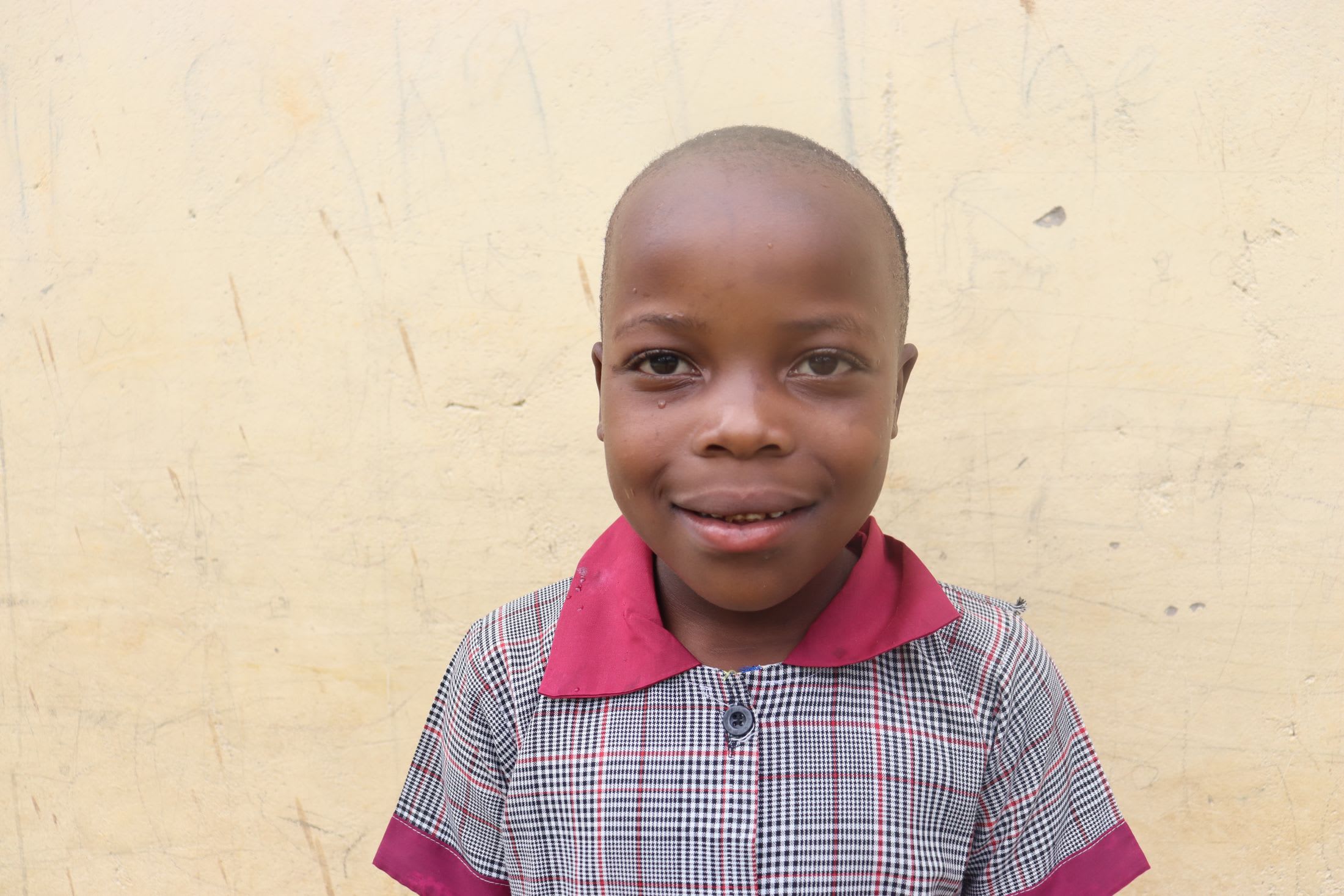The 141 students and staff of Lunyelelia Primary School face a water crisis each day. The young students must collect water from a spring shared with community members, which is overcrowded, and the water they collect is contaminated.

Field officer Jemmimah Khasoha described the spring everyone relies on. "The main challenge or issue with the main and the only source of water is seasonality and congestion by the community members. During [the] dry season, the spring goes dry, forcing pupils to carry water from home."
"The water users, both the pupils and the community members, stand on top of the spring box, thus causing it to sink inside, making the environment unworthy for fetching clean drinking water. Some reported health consequences include diarrhea, stomachaches, vomiting, and typhoid. All these are caused by contaminated water," said Jemmimah.
"The school has no storage containers, which would help reduce the number of trips pupils go to fetch water. In this case, the pupils are asked to surrender their time of play to fetch water during break time and game time. Since the school is still young and the pupils are young too, giving them heavy tasks like carrying water makes them tired," concluded Jemmimah.

"It is tiresome to go get water to use in school. Many of my fellow pupils get flu because we don't wash classrooms and there is dust all over in class. We also don't get time to play because when we are not in class, we are going to get water. This makes school boring," said 7-year-old Vivian S., seen above collecting water.
Students being responsible for collecting water is not the only way valuable learning time is wasted. Since the children are so young and the spring is off the school campus, a teacher must accompany them when they collect water.
"There is time wastage to follow up with pupils when going to the spring since they are still young and need an adult to supervise them and guide them on the road. Many of them fetch water without washing [their] hands, so with dirty hands, [they] hold the fetching container and contaminate the water. This way of mishandling the water causes diarrhea and typhoid, which has affected me and them severely. Lack of enough water makes us wash classrooms once per week, thus making it hard for us to maintain pupils' hygiene," said 29-year-old teacher Harriet Busieka, shown below, walking back to school with students after collecting water.

The installation of a well at the school will enable students and teachers to have ready access to water whenever they need it so they can focus on learning. Then, hopefully, Vivian and the other students will have the energy needed for learning and still have time to play with friends.
Water at schools is unique, which is why we need unique solutions.
The Proposed Solution, Determined Together...
At The Water Project, everyone has a part in conversations and solutions. We operate in transparency, believing it benefits everyone. We expect reliability from one another as well as our water solutions. Everyone involved makes this possible through hard work and dedication.
In a joint discovery process, community members determine their most advantageous water solution alongside our technical experts. Read more specifics about this solution on the What We're Building tab of this project page. Then, community members lend their support by collecting needed construction materials (sometimes for months ahead of time!), providing labor alongside our artisans, sheltering and feeding the builders, and supplying additional resources.
Water Access for Everyone
This water project is one piece in a large puzzle. In Kenya, Sierra Leone, and Uganda, we're working toward complete coverage of reliable, maintained water sources that guarantee public access now and in the future within a 30-minute round trip for each community, household, school, and health center. One day, we hope to report that this has been achieved!
Training on Health, Hygiene & More
With the community's input, we've identified topics where training will increase positive health outcomes at personal, household, and community levels. We'll coordinate with them to find the best training date. Some examples of what we train communities on are:
- Improved hygiene, health, and sanitation habits
- Safe water handling, storage & treatment
- Disease prevention and proper handwashing
- Income-generation
- Community leadership, governance, & election of a water committee
- Operation and maintenance of the water point
Handwashing Stations
Alongside each water source, we also provide two new gravity-fed handwashing stations that will allow everyone at the school to wash their hands without running water. Handwashing is so important to help prevent future water-related illnesses in the school community.
The student health club will maintain the stations, fill them with water, and supply them with soap (which we will teach the school community how to make during the training!).
VIP Latrines
In addition, we will construct two triple-door Ventilated Improved Pit (VIP) latrine blocks designed to prevent fecal disease transmission. Each latrine will have a cement floor, which is easy to use and clean regularly. Three doors will serve the girls, and three doors will serve the boys.

 Borehole Well and Hand Pump
Borehole Well and Hand Pump
 Rehabilitation Project
Rehabilitation Project



































